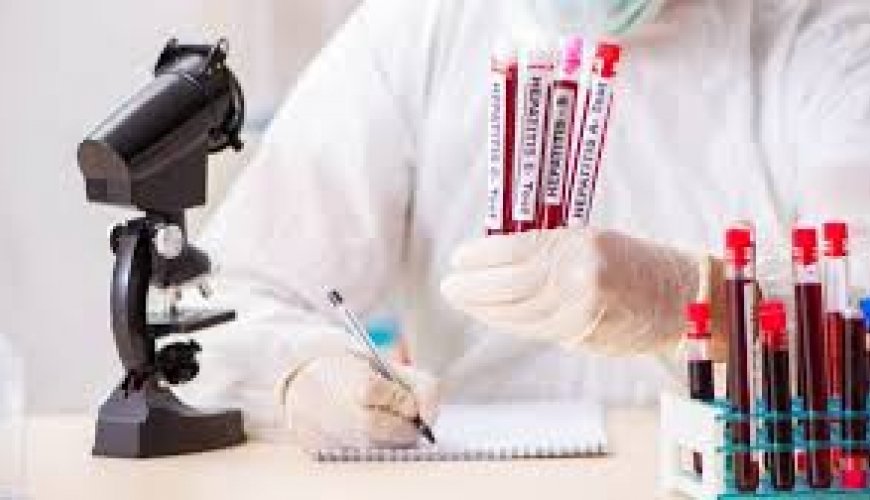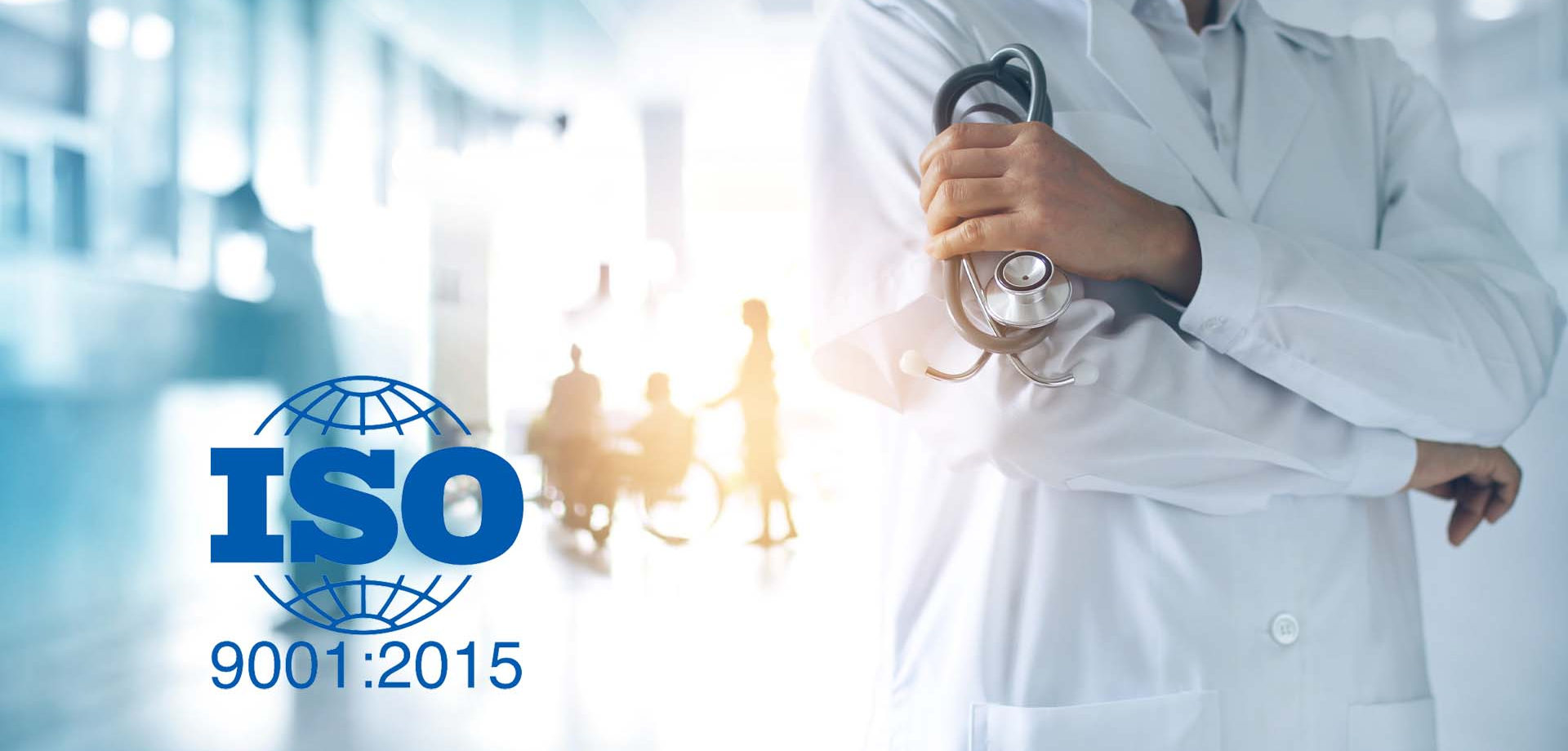Laboratory
It is the name given to the person who conducts analyzes in the laboratory and reports the results to the head of the laboratory. These individuals can work in chemistry, microbiology, food and clinical laboratories. He is responsible for the correct analysis of the sample coming to the laboratory, reporting the results of the analysis to the head of the laboratory, and the general order and organization of the work of the laboratory. In laboratories, according to the requirement of accreditation, at least one laboratory analyst should work as a laboratory manager. These people usually gain experience by specializing in the laboratory where they work.
Laboratory analyses
- Before answering the question of what a laboratory analyst does, it is necessary to talk about the duties and responsibilities of the profession.
- These individuals are responsible for the analysis of samples that arrive at the laboratory they are responsible for.
- When conducting these analyses, it is necessary to act in accordance with the laws and accreditation to which the laboratory is bound.
- The analysis is carried out according to laboratory analysis methods developed within these limits.
- The results are written in analysis notebooks and reported to the head of the laboratory.
- The duties and responsibilities of the laboratory analyst are as follows;
- The laboratory must perform its work in accordance with the policies and objectives of the company to which it is affiliated.
- Taking into account the commercial reputation of the company, it ensures the protection of the results of the samples.
- It performs its work in accordance with the standards to which the laboratory is affiliated and accredited.
- Depending on the sector (clinical, food, chemistry, etc.), it operates in accordance with the legislation and laws to which the laboratory is affiliated.
- He continues his work, taking into account the reliability of the analysis.
- Responsible for determining samples arriving at the laboratory under appropriate conditions.
- It should ensure that the results are presented to report on the analysis carried out.
- He must ensure that the area he is responsible for is orderly and tidy.
- He should have knowledge about labor protection and laboratory safety and should carry out his education in this framework.
- He should keep input and output records of chemicals and consumables used in the laboratory, and when deficiencies are discovered, he should inform his supervisor and make a request.
Laboratory equipment
Monitors the calibration processes of apparatus and glass materials in the laboratory and ensures that they are updated when there is a deficiency.
These items can be included in the job description of a laboratory analyst. Persons engaged in this profession must have different powers according to the sector they work in. Laboratories; It is divided into different classes such as food, chemistry and clinical laboratory. In general, the laboratory analyst is responsible for the complete performance of the required analyzes of the samples that reach the department for which he is responsible.
Laboratory assistant
- In order to be able to work in this position after receiving a laboratory analytical education, it is necessary to graduate from the relevant faculties of universities.
- The education required to work in laboratories is mostly obtained in the Chemistry faculties of universities.
- Graduates of the Faculty of Chemistry and Chemical Engineering; clinic, textile, plastic, food, etc. can work in many different laboratories.
- In addition, those who have completed the specializations such as Food Engineer, Textile Engineer can work in the laboratories related to their specialization.
- Pharmacy graduates can work in the laboratory of the pharmaceutical industry.
- At the same time, graduates of departments such as Laboratory Technician and Veterinary Health can also work in laboratories.
Laboratory Experiments
- Those who are interested in how to become a laboratory analyst should take a look at the requirements for this profession.
- To perform this profession, workers must first submit professional diplomas required by companies or institutions.
- After a diploma, companies may require laboratory workers to be proficient in certain analyzes or use certain instrumentation.
- At the same time, from those considering working as a laboratory analyst, standards such as ISO IEC 17025 laboratory accreditation and which laboratories are affiliated
- They may be expected to have knowledge of regulations such as Good Laboratory Practices.
Clinical laboratory
Those interested in what a laboratory analyst is can get an idea by examining the duties and responsibilities that these people have to perform. People who will work in this profession must be able to keep up with the intense pace of work. It should also be multidisciplinary; They must have knowledge in different fields of science such as mathematics, physics, chemistry or biology. Working in a laboratory requires great discipline. Companies may require the following conditions from people who will work as laboratory analysts:
- To graduate from the relevant departments of universities suitable for the sector.
- Preference will be given to those with experience in the industry.
- Good knowledge of English.
- Have knowledge of relevant standards and regulations.
- Work in a disciplined and punctual manner.
- Having an analytical mind.
- To be able to work goal-oriented and result-oriented.
- Be a team player.
- Flexible working hours and being able to keep up with a busy work pace.
- If there is a tool or device to be used, having the software of these devices.
While expectations in the lab vary by sector, this is generally what companies demand. Lab salaries can vary depending on the training candidates receive, the experience they have, and the industry in which the lab operates. Those who want to work as a laboratory analyst




















































































